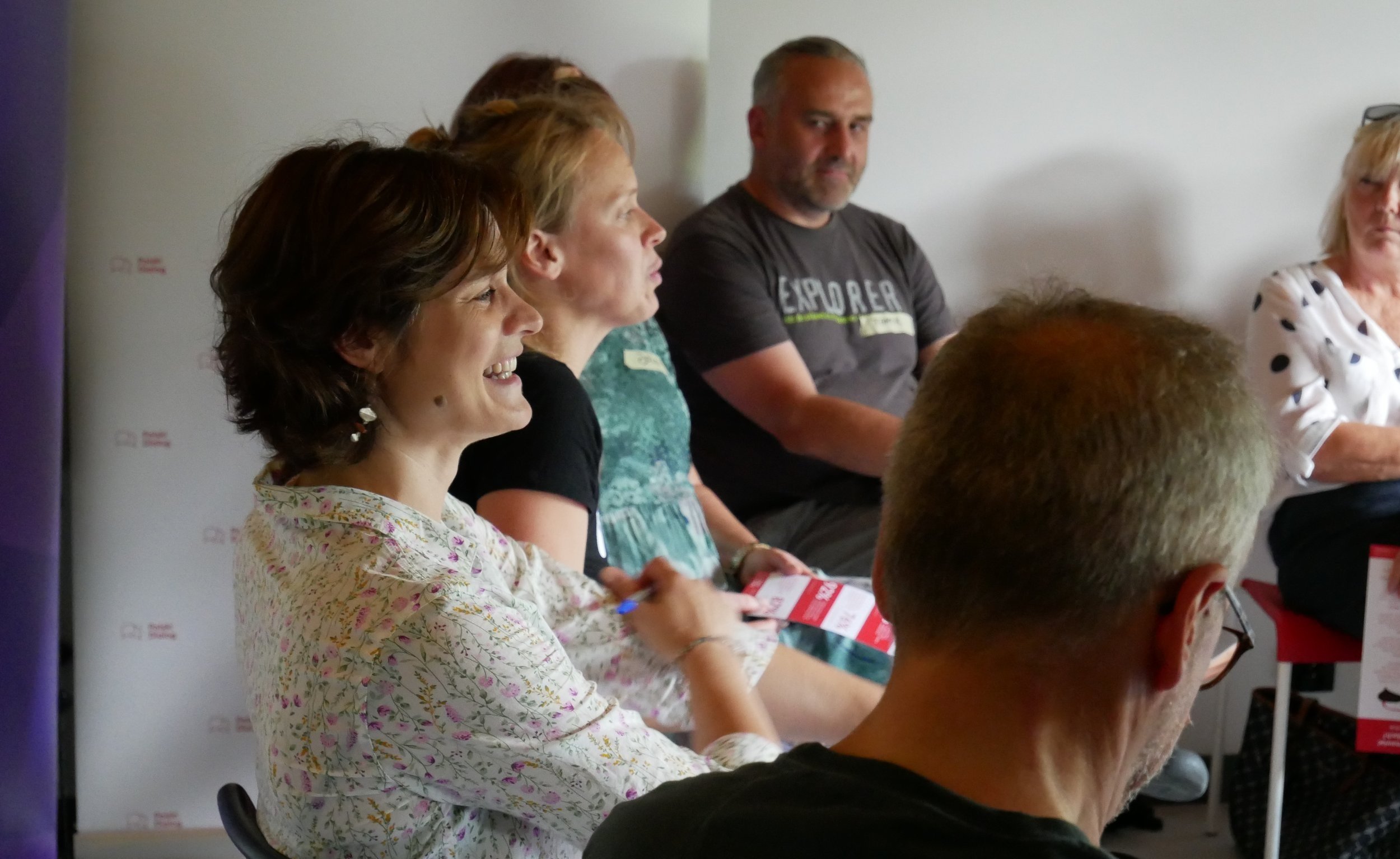Dialogue vs. Debate – What’s the difference?
Debating has become the default conversation format on topics of public interest. Two people argue, interrupt each other, and sometimes raise their voices—the goal is to determine a winner, whose viewpoint prevails. This is how politicians talk in parliament, how pundits spar on news channels and what kids learn in Oxford debating courses. We often replicate these debates at the family table—presenting politicians' views or our own and trying to persuade our relatives or friends. Our aim is to convince them to change their minds and win the argument.
Dialogue is a very different kind of conversation. While opinions may be sharply divided, the objective isn't to win by persuading the other person to adopt your viewpoint. Instead, it's about listening to each other, understanding opposing perspectives on contentious issues, and learning to live with the difference. The essence of dialogue lies in accepting differing views—recognizing that we are diverse and won't always see eye to eye. In a dialogue, we explore where we agree on a given topic, where we can find common ground, and where there are significant differences that need to be respected.
What else distinguishes dialogues from debates?
You can check you conversation style by looking at these differences:
In debates, we focus mainly on speaking—while in dialogue, we prioritize listening.
In debates, our aim is to have the strongest arguments—while in dialogue, our primary goal is to understand the other person as best as possible.
In debates, we often feel threatened and have a need to defend ourselves—while in dialogue, curiosity is the predominant emotion.
In debates, the ultimate outcome is to defeat the opponent—while in dialogue the desired outcome is a willingness to do something together.
Written by Joanna Matera and Olga Białobrzeska
Photograph by Evangeline Shaw, Unsplash







